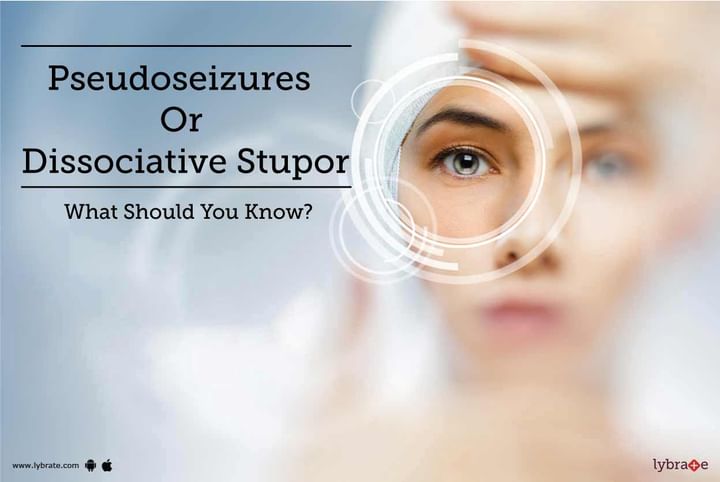Pseudoseizures Or Dissociative Stupor - What Should You Know?
Pseudoseizures or Psychogenic Non-epileptic Seizures (PNES) occur due to extreme mental conditions that are caused by severe stress. This type of seizures affect people who are not typically epileptic, hence, the name PNES. Disorders or conditions that are likely to trigger pseudoseizures in a person include –
• Anxiety
• Panic attacks
• OCD – Obsessive Compulsive Disorder
• ADHD – Attention Deficit Hyperactivity Disorder
• PTSD – Post-traumatic Stress Disorder
• Schizophrenia
• Traumatic injuries
• Substance abuse
• An ongoing conflict in the family
• Anger management issues or anger repression
• Sexual or physical abuse
• Emotional disturbance
Warning Signs:
Although pseudoseizures differ from epileptic seizures, the symptoms are alike. A person affected with the condition will encounter the following symptoms –
• Loss of attention
• Loss of consciousness
• Stiffening of the muscles
• Convulsions
• Confusion
• Falling down
• Rigidity
• Lack of awareness of the surroundings
• Staring into the blank
Diagnosis of Pseudoseizures:
Diagnosis of pseudoseizures is difficult because the doctor may not be present at the time when the seizure takes place, and the symptoms that the patient describes will most likely match those of an epileptic seizure.
The only way to diagnose the condition is to opt for an electroencephalography (EEG) – the method is used to monitor and record the brain’s electrical activity. If the EEG does not show any abnormal firing of the brain neurons, then the doctor will confirm PNES rather than epilepsy. Usually, a neurologist, a psychologist, and a psychiatrist work together as a team to diagnose and treat pseudoseizures.
Treating Pseudoseizure or PNES:
Treatment of PNES or pseudoseizure considerably varies from one person to another and typically focuses on easing the symptoms of mental health conditions, stress factors etc.
The most effective treatment options include the following –
• Family or individual counselling
• CBT – Cognitive Behavioural Therapy
• Relaxation techniques
• EMDR – Eye Movement Desensitization and Reprocessing
• Medications
• Antidepressants
Once diagnosed with pseudoseizure, you should seek assistance from a psychiatrist. He/she will perform a formal assessment to determine the root cause of the stress or trauma and accordingly recommend therapy or medications specific to the underlying condition.
Pseudoseizure has no simple cure. However, treating the underlying psychological conditions may help minimize the symptoms. Besides following certain treatment approaches like counselling, medications, and psychotherapy, the patient should also adopt a few positive steps including these - practising relaxation techniques, meditation to calm one’s mind, exercise, etc.



+1.svg)
